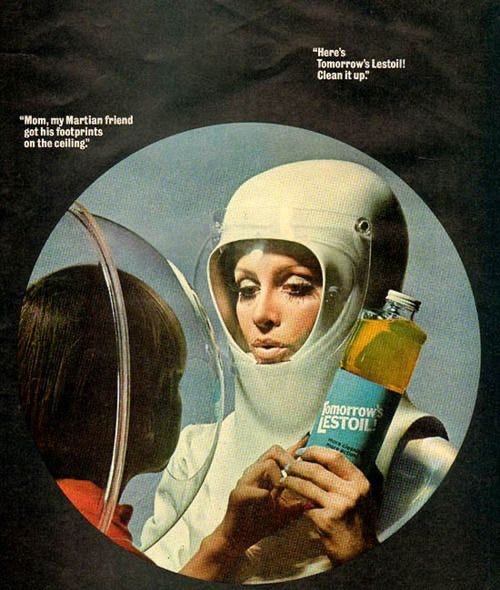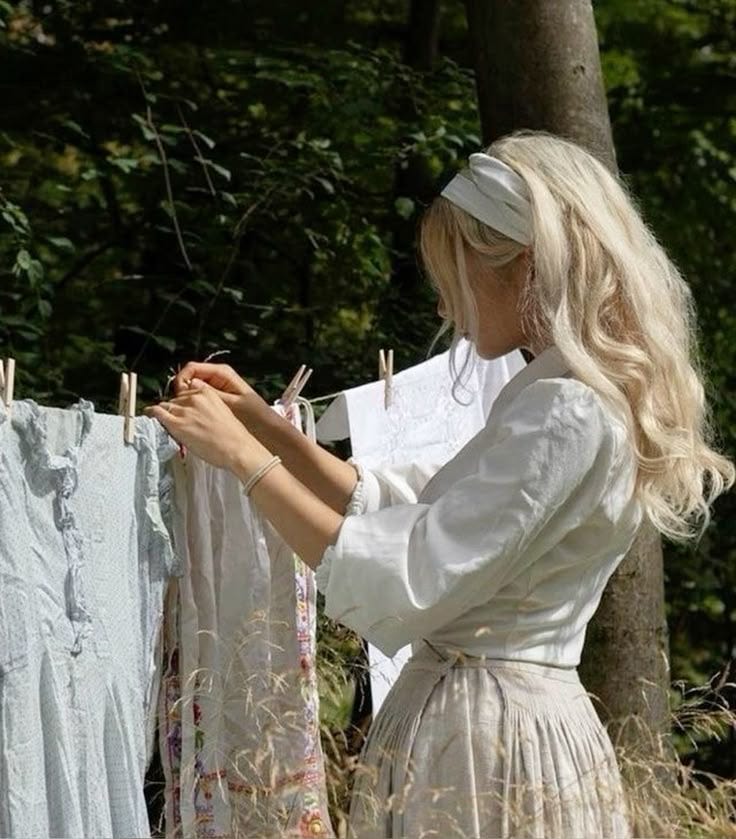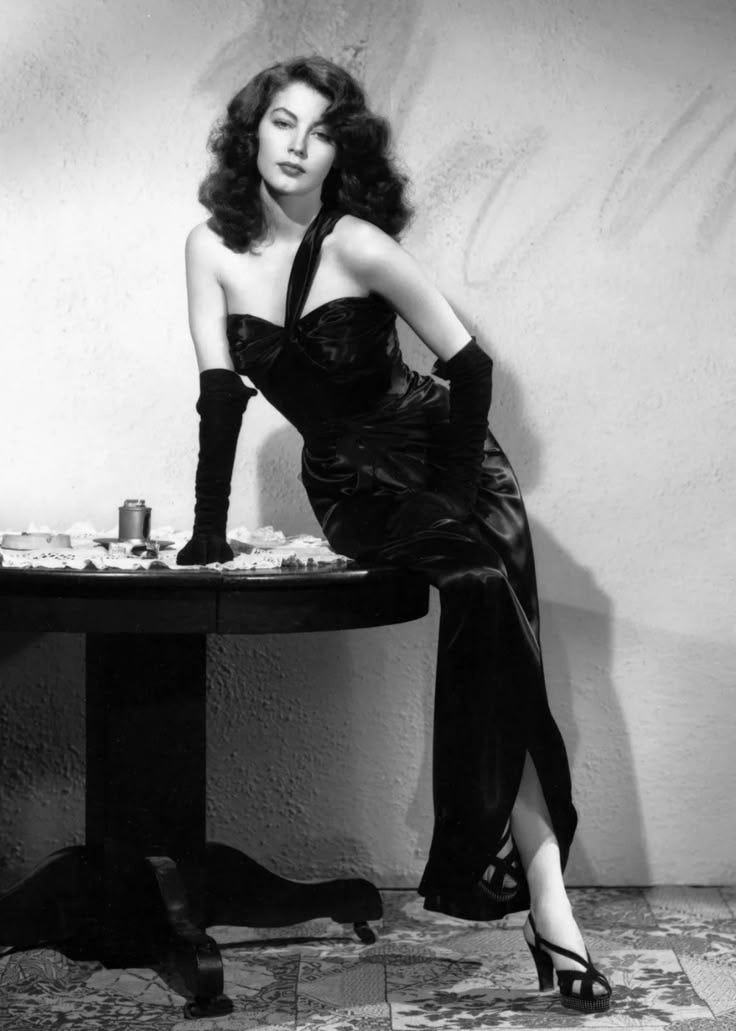The Future Isn't What It Used To Be
Tracking the Dread To Nostalgia Pipeline In The Collective Consciousness
I didn’t plan to be away as long as I have. Everything I’ve been working on feels hollow, meaningless, in the face of what’s to come and what has already passed.
At some point, the future was a glamorous idea. Think of the mid-century, with atomic design and indestructible nylon stockings—of Teflon and microwaves and flying to the moon. Things were going to be so smooth and easy in the future, so efficient, so bountiful1. We were going to smoke cigarettes and drink Tom Collinses on the bullet train to Tomorrowland, where all our inconveniences were going to be innovated away thanks to the new chemicals by DuPont and Proctor & Gamble.
I’ve never felt all that sanguine about the future, personally. I have anxious parents, and I absorbed their anxiety probably in utero, so I learned that the future is where bad things happen to you. It’s taken me years of therapy to reach a place of equanimity about the future—to be able to think to myself, maybe things could go well. Even then I don’t trust it.
But the future simply is not what it used to be2. It no longer feels like a realm of possibility in my country for a variety of compounding reasons. For one thing, look at the past and how unpredictable it is.
For another, there is the epochal problem of climate change. Then there’s the encroachment of AI, which itself contributes to climate change. The rise of authoritarian regimes across the globe and here in America. And now, the possibility of global economic collapse.
Even before that quite recent last problem, the resurgence of nostalgia in culture for the past ten or so years has telegraphed our collective mood about the future. Tomorrowland? No thank you, we’ll take live action remakes of Disney movies from the 1950s and The Gilmore Girls industrial-complex and nineties nostalgia in our fashion and tradwives and raw milk. At the same time, young people are afraid to start families, or afraid to grow the ones they already have for fear of what may happen3.
We are not a culture that looks forwards anymore, and you can tell. And it’s been that way for a while. That’s what the red hats with the slogans are saying, after all. Even AI, while ostensibly the harbinger of a techno-utopian future that will finally make all the nerds feel important4, is itself based on replicating and regurgitating that which came before it. That which has already been written and created. It cannot innovate. AI necessarily looks backwards as it steals, bewilders, and misinforms. Yet Sam Altman wants you to believe that this is “the future”.
The fact that some of these developments seem innocuous and others seem more insidious is not the point. My point is that we have become so anxious about the future that we’ve switched to nostalgia rather than optimism5. We’ve taken to glamorizing the past (which is what nostalgia is), instead of glamorizing the future. This appears to be true across political and cultural divisions. People glamorize different aspects of the past (Person A longs for a time before no-fault divorce. Person B longs for a time before microplastics and wildfire seasons that start in January). But it’s happening to a majority of Americans, I think.
Half of my Pinterest feed (that isn’t ads) looks like this. Mostly AI, too.
And you can only hearken back to an idealized past so many times because the past is always changing. It can’t be pinned down. We have this annoying habit of learning new things about it, while other details remain irevoccably lost, like Shakespeare’s real birthday6 or what books were in that one library in Egypt. The past has as many unanswered questions as the future does. We just don’t see that because of the asinine way that we in the West relate to time as linear.
But anyway my point REALLY is that nostalgia (romanticizing the past) isn’t going to save us. It won’t make life more meaningful because all it does is facilitate escape.
There’s of course a part of this problem that I contribute to directly, because I love Old Hollywood. I wax rhapsodic about “the glory days of Hollywood stardom” as if I was there sitting next to Cary Grant drinking gin rickeys at Ciro’s in 1947 when I was not even alive7.
One of my initial goals (one from which I quickly became waylaid! I care about too many things!) for this newsletter was to write about the Old Hollywood icons who remain glamorous and why that is. But to me, the glamour of Old Hollywood doesn’t exactly stir up nostalgia for the way things were on a cultural level at the time (because most things were worse back then!), so much as it makes me long to embody those qualities of elegance, mystery, and ease that the studio system was so adept at conjuring.
Ava Gardner Is Now Serving: Femme Fatale, darlings! CHOKE ON IT! Who else could smoulder like this? Nobody!
I say “conjuring” because glamour, like certainty, is an illusion. Nostalgia is a trap—but so is glamorizing the future or innovation by default.
The social internet, an example of technological progress, was supposed to help us connect to everyone in the entire world. It can do that in the strictest sense but it has also manifested PROFOUND disconnection on a social and psychic level.
Everytime someone looks at TikTok or Instagram they are no longer present in the room with you. We have normalized chronic dissociation and now little kids don’t have the patience to learn to read or try to do an experiment in science class with food coloring.
It’s done the same thing to adults, only it’s frayed our attention spans, our tolerance for nuance, our ability to create and maintain relationships, our facility with critical thinking, our capacity for boredom and therefore wonder. We probably also can’t do the thing with the food coloring and the special salts anymore.
In the staggering psychic and social cost of this technological innovation, we see that the future is not automatically smooth and easy. Innovation has not, it turns out, swept away the annoyances and inconveniences that come with being alive.
In some cases, it’s even made them worse. Sure, you can get gourmet sushi delivered to your house in the suburbs any time you want, but everyone is on Zoom meetings at the bar and watching TikToks at full volume in the train.
Glamour doesn’t save us on its own. It’s a useful rhetorical tool, verbally and visually, for almost every kind of power structure in the culture. Any industry or power structure that trafficks in the use of symbols leans on glamour.
Advertising uses it most famously, alongside fashion and beauty. But so do politicians and the military and organized religions and the tech industry and Hollywood.
The next time you see a movie, visit a SaaS product page, scroll past a fashion ad on Instagram, or listen to a politician’s speech, see if you can catch a fantasy of either an idealized future (most common in the tech sector and higher education) or a romanticized past (conservative politics, many fashion campaigns, fast food, Disney, Hollywood. The automoative industry swings either way here).
Glamour doesn’t save us. What we need—what I need—is faith.
And I don’t mean religious faith per se.
Faith is always irrational and can never be explained. That’s what makes it so great. Like a narrative story, it cannot be argued against because it isn’t logical. It also really annoys people (the kind of person I USED to be) who want certainty at any cost.
I have faith that somehow life is meaningful even when it’s terrible. I have faith that grace is somehow infinite. I have faith that something that I do at some point in my life will help someone else, and once I’ve done that, my journey here will be fulfilled, and it won’t matter anymore what ever else happens to me.
Nothing is certain, and for many of us, things are terrifying.
But if you’re reading this, I’m glad you’re here with me.
Please like this post if you made it this far!!! It means a lot to me!
Was this also self-soothing about the looming catastrophe of the Bomb? A crisis we also manufactured pretty directly? MAYBE! ALSO! DON’T FORGET ABOUT THE MICROPLASTICS!
I did steal this from Yogi Berra.
OBVIOUSLY affordability is also an issue here. I personally know so many couples who want to have more babies but cannot afford to and it makes me so sad. At the same time I think many millennials are avoiding parenthood or not having as many kids as they’d imagined because of concerns about the future.
Nothing ever can! What more do you guys want?
That’s what these goddamn tariffs are based on: a misbegotten notion that America used to be a manufacturing powerhouse. We used to be better at it, sure. But we’ve been importing most of our stuff for a long time.
I WILL ALWAYS CLAIM HIM AS AN ARIES! HE COULD HAVE BEEN BORN ON THE 19TH! BABIES WERE NOT CHRISTENED RIGHT AWAY! HE IS ONE OF US!
In the truest sense, though, I was there, and we all know this.







